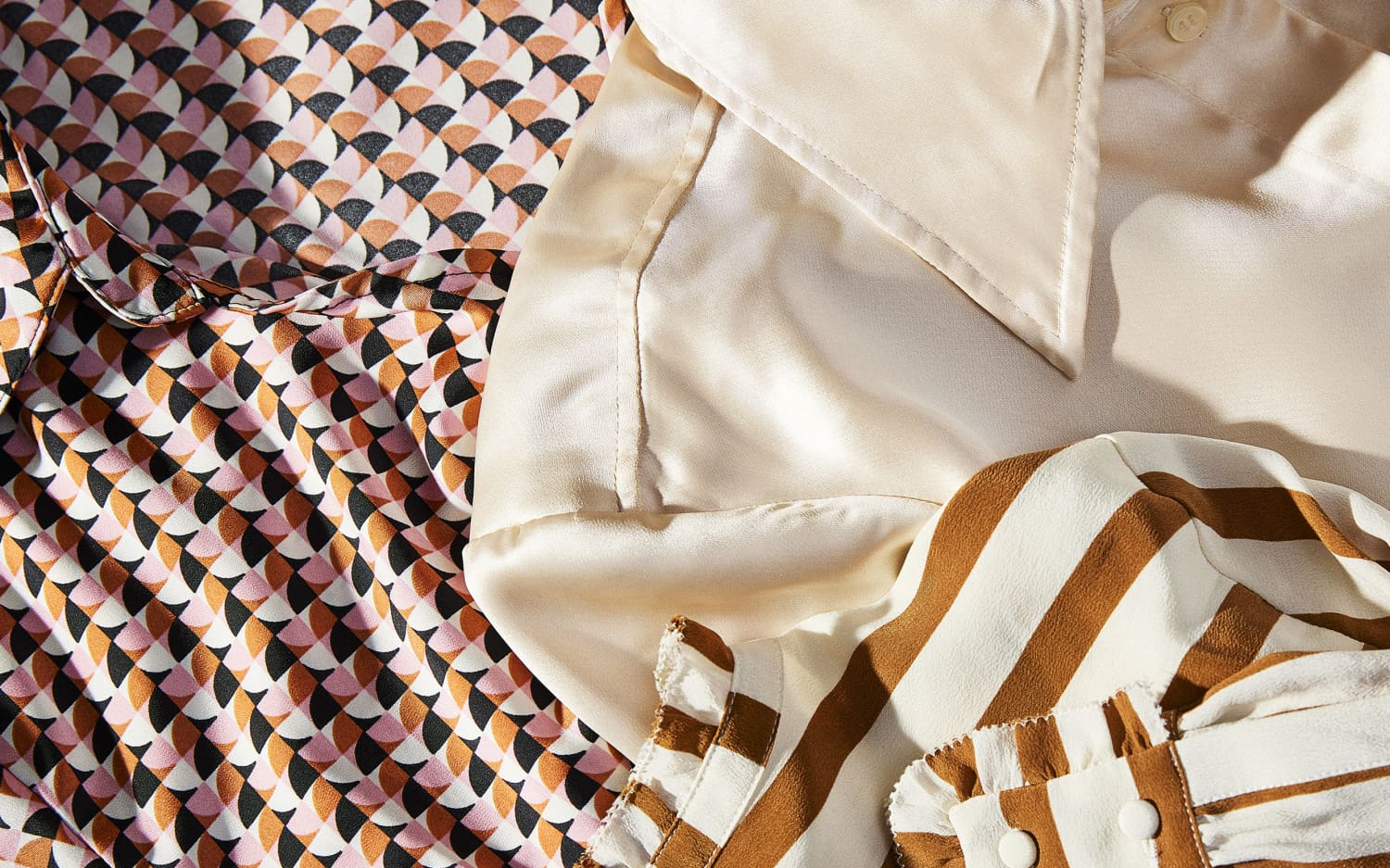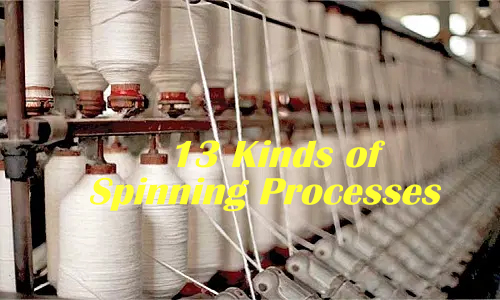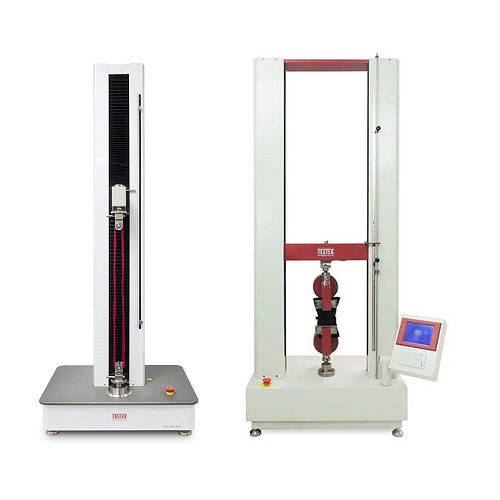The properties of textile fibers refer to the physical, chemical, and structural properties of fiber materials.…
Four Elements of Textile Fiber: Concept, Form, Structure, and Characteristic
The textile is the necessity of our health and good life, and the fiber is the basic material for making the textile, so it is necessary to know the textile fiber in order to transform the textile to meet the higher living requirements. Today, I will share the four basic elements of the textile fiber and the basic relationship between them, in order to help you understand the textile fibers from a comprehensive, 3D dimension. I hope this will help you.
Four elements of textile fiber:
ConceptFormstructureCharacteristics
What is textile fiber?
External form of the fiber
Internal structure of fiber
Characteristics of textile fiber
Table of Contents
1 what is textile fiber?
1.1 Definition

1.2 The conditions of the textile fibers
- Certain length and length uniformity.
- Certain fiber density and fiber density uniformity.
- Certain strength and elasticity.
- Certain holding force and flexibility.
- Certain hygroscopicity and dyeability.
- Certain chemical stability.
1.3 Type of textile fibers

How to deeply understand the characteristics of the fiber and weave a better textile? The next three elements are the focus. Let’s look at it.
2 External form of the fiber

2.1 The cross-section shape of fiber: such as circle, triangle, hollow or other irregular shape, affect luster, feeling, warmth retention, etc.
2.2 The longitudinal shape of fiber: such as curls, nodules, grooves, etc., on the surface of the fibers.
2.3 The appearance of the fiber surface: gaps and holes, scales.
2.4 Fibre morphology and size: length, linear density, curl and so on.
Here we need to focus on point 2.4: the morphology and size of the fiber.

The significance of morphology and structure: morphology and structure are closely related to fiber properties, which will affect the holding force, spinnability, luster, handle, elasticity, heat preservation, hygroscopicity and so on. The Fineness & Content Analysis System can identify the morphology structure of the fiber.
3 Internal structure of fiber
Textile fiber is composed of thousands of atoms, the molecular weight is very large, so it is also a polymer material, fiber is made up of a number of polymer. Generally speaking, the internal structure mainly refers to three kinds:
3.1 The composition of fiber polymer



3.2 The spatial conformations of polymer
The arrangement of the monomers in the polymer is called the chain structure of the polymer, and the spatial conformations will affect the compactness of polymer, thus affecting elasticity, strength, and hygroscopicity. There are three arrangements.

3.3 The aggregation pattern of polymer

In one fiber, there are both crystal region and non-crystal region. The percentage of the crystallization zone in the whole fiber is called crystallinity. The crystallinity is improved, the tensile strength, initial modulus, hardness, dimensional stability and density of the fiber are increased; the hygroscopicity, dyeing, wetting and swelling, softness and chemical activity of the fiber decreased. The crystallinity is reduced, the hygroscopicity improved, easy to dye, the tensile strength is small; the fiber is softer, impact resistance, elasticity improved, the density is small, and the chemical reaction is lively.
Note: The crystal region, polymers are arranged in order; the non-crystalline region, polymer are arranged in a scattered.

4 Characteristics of textile fiber
4.1 Physical properties of fiber

4.2 Hygroscopicity of fiber

4.3 Luster of fiber

I hope this article will give you a new understanding of textile fiber and increase your interest in the textile industry. Only by loving the textile industry, understanding the textile industry, and constantly devoting to the research and development, production and testing of textiles, can we effectively improve the quality of textile products.





This Post Has 0 Comments